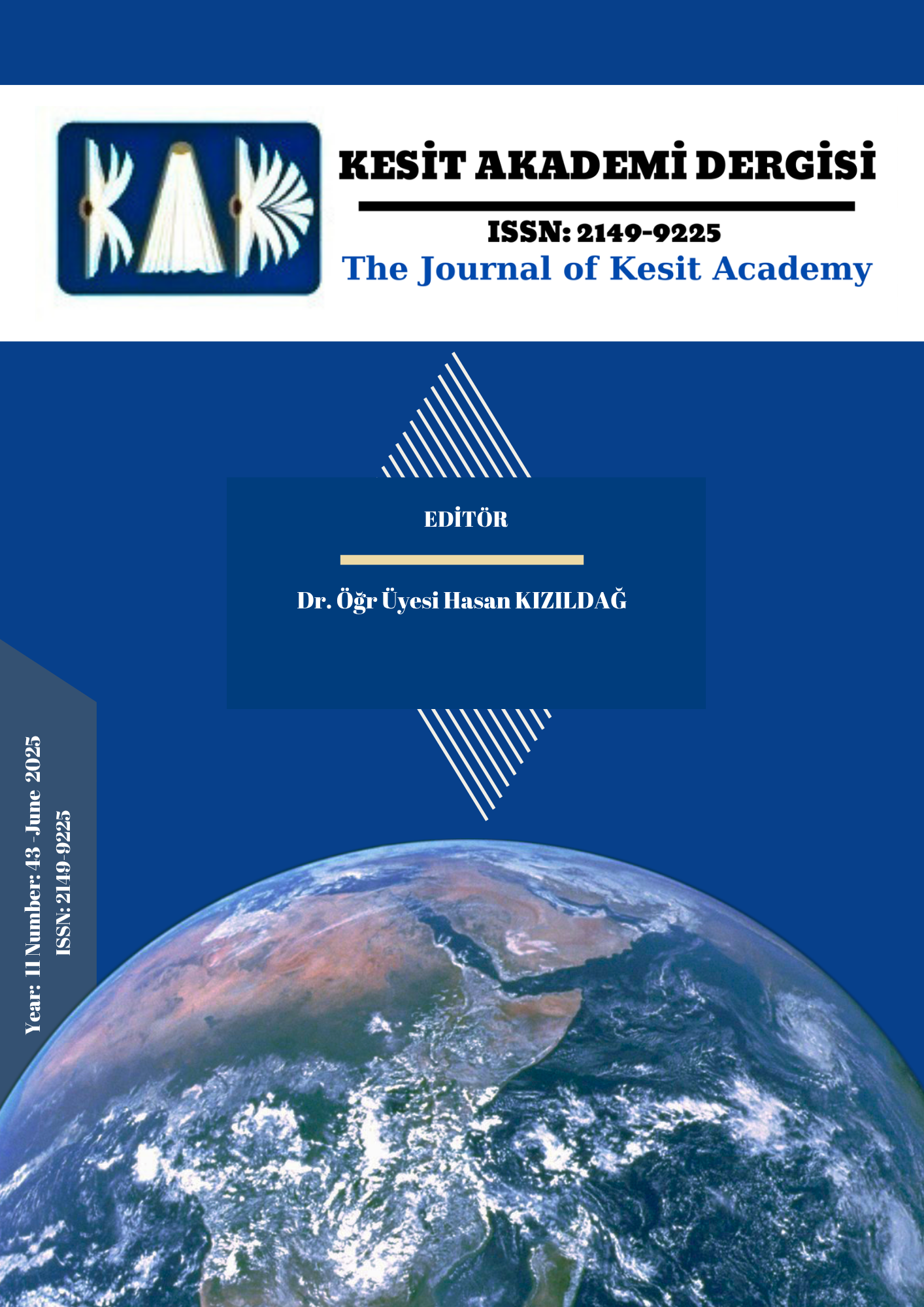Author :
Abstract
Dijital çağın uluslararası ilişkileri köklü şekilde dönüştürdüğü günümüzde, yumuşak güç araçlarının etkinliğinin hangi bağlamsal faktörlere göre değiştiği sorusu kritik önem taşımaktadır. Bu araştırma, küreselleşmenin derinleştiği ve teknolojik devrimlerin diplomasiyi yeniden şekillendirdiği 21. yüzyılda yumuşak güç dinamiklerinin sistematik analizini gerçekleştirmeyi amaçlamaktadır. Çalışma, Wendt'in sosyal inşacılık kuramı temelinde karşılaştırmalı tarihsel analiz yöntemiyle tasarlanmıştır. Araştırma, kültürel yakınlık ve teknolojik altyapı etkileşiminin yumuşak güç başarısını belirleyici faktörler olduğu hipotezini test etmektedir. ABD, Çin, Avrupa Birliği ve Japonya'nın yumuşak güç stratejileri karşılaştırmalı perspektifle incelenerek, sistematik belge analizi yöntemiyle veriler toplanmıştır. Araştırma kapsamında üç özgün teorik katkı geliştirilmiştir: güçlü devletlerin yumuşak güç projeksiyonunun paradoksal olarak daha az etkili olduğunu açıklayan "Yumuşak Güç Paradoksu", kültürel benzerliğin yumuşak güç etkisini üstel olarak artırdığını gösteren "Kültürel Mesafe Teorisi" ve dijital çağda teknoloji-kültür-etki arasındaki döngüsel ilişkiyi tanımlayan "Dijital Yumuşak Güç Döngüsü" modeli. Bulgular, yumuşak güç araçlarının etkinliğinin hedef toplumların kültürel mesafesine ve dijital dönüşüm kapasitesine göre sistematik değişkenlik sergilediğini ortaya koymaktadır. Araştırma sonuçları, yumuşak güç etkinliğinin evrensel olmadığını ve bağlamsal faktörlere bağımlı olduğunu göstermektedir. Kültürel yakınlık yumuşak güç başarısının kritik belirleyicisi olarak öne çıkarken, teknolojik altyapı yumuşak güç projeksiyonunun etki alanını genişletmektedir. Çalışma, devletlerin yumuşak güç stratejilerinin hedef odaklı tasarımının benimsenmesi ve dijital yumuşak güç döngüsünün sistematik uygulanması yönünde politika önerileri sunmaktadır.
Keywords
Abstract
In today's world where the digital age has fundamentally transformed international relations, the question of which contextual factors determine the effectiveness of soft power tools is of critical importance. This research aims to conduct a systematic analysis of soft power dynamics in the 21st century, where globalization has deepened and technological revolutions have reshaped diplomacy. The study is designed using comparative historical analysis method based on Wendt's social constructivism theory. The research tests the hypothesis that the interaction between cultural proximity and technological infrastructure are the determining factors of soft power success. Soft power strategies of the US, China, European Union, and Japan are examined from a comparative perspective, and data are collected through systematic document analysis. Three original theoretical contributions have been developed within the scope of the research: the "Soft Power Paradox" explaining that powerful states' soft power projection is paradoxically less effective, the "Cultural Distance Theory" showing that cultural similarity exponentially increases soft power effect, and the "Digital Soft Power Cycle" model defining the cyclical relationship between technology-culture-impact in the digital age. Findings reveal that the effectiveness of soft power tools exhibits systematic variability according to target societies' cultural distance and digital transformation capacity. Research results demonstrate that soft power effectiveness is not universal and depends on contextual factors. Cultural proximity emerges as a critical determinant of soft power success, while technological infrastructure expands the scope of soft power projection. The study offers policy recommendations for adopting target-oriented design of states' soft power strategies and systematic implementation of the digital soft power cycle.





